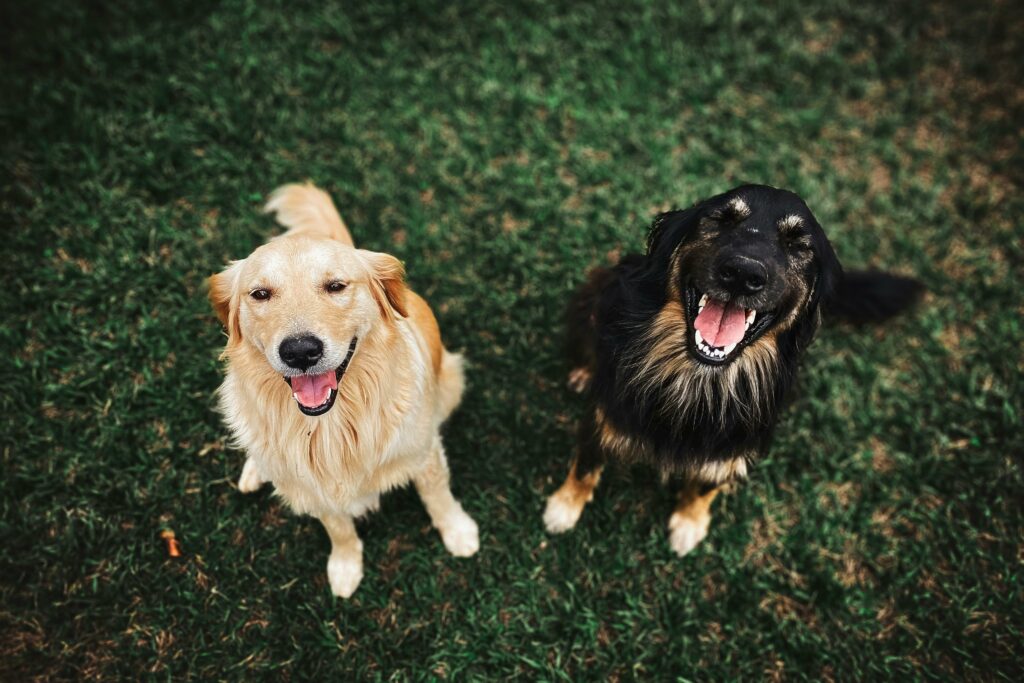Sometimes the most heart-wrenching decisions we face don’t come with dramatic ultimatums or explosive endings. Sometimes, they happen quietly—one compromise at a time, one day after another, as you slowly realize the life you’re living no longer fits who you are.
He stayed for the dogs.
Not because he was content. Not because love was still alive between them. But because leaving meant separating a family that had grown together over seven years—not just the two humans, but the dogs who were there for it all. They’d witnessed the highs, the love at the beginning, the slow unraveling. They’d lain at his feet during arguments, curled next to him during the long silences that followed, and jumped on the couch during the few remaining good moments. How do you explain to them that things are broken?
His relationship had faded into absence. His partner no longer showed up emotionally or made him a priority. There were no longer shared efforts to grow, to understand, or to heal. He felt like a ghost of the person he used to be—going through the motions, tucking away his needs like they didn’t matter. But every time he considered leaving, he thought about those wagging tails, those four-legged hearts who wouldn’t understand why their world had suddenly split in two.
When Love for the Dogs Becomes the Tie That Binds
We talk often about staying in relationships “for the kids.” The silent sacrifices, the selfless endurance, the misguided hope that stability, even if built on shaky ground, is better than change. But we rarely acknowledge that pets—especially dogs—can create a similar moral dilemma.
Dogs form deep bonds with both humans. They feel the energy in a home. They notice when one person disappears. They grieve. So when a relationship ends, the dogs aren’t just an afterthought—they’re family. And for some, like him, that bond is strong enough to make you stay.
What Do You Do When You’re Torn Between Their Wellbeing and Your Own?
There’s no one-size-fits-all answer here. But there is a way forward—one that balances care for the dogs with compassion for yourself.
-
Get Honest with Yourself
Are you staying because it’s truly best for the dogs, or because it’s easier than making a painful choice? If you’re no longer emotionally safe or fulfilled, that eventually affects the dogs too. They sense stress. They feel tension. You can’t show up for them fully if you’re running on empty. -
Think Strategically, Not Emotionally
Love is emotional. But logistics can help you find clarity. Could shared custody work? Is one person better equipped to care for them full-time? Could the transition be made slowly, with visits and routines maintained to ease the change? -
Consider What’s Best for Everyone
That includes you. The dogs. And yes, even your partner. Holding on to something out of fear or guilt helps no one. True loyalty includes knowing when it’s time to let go. -
Build a Life Where Peace is Possible
Sometimes, peace comes after the pain. Leaving doesn’t mean abandoning your dogs—it means finding a path where you can be a better version of yourself for them. Dogs want your love, but they also want your wholeness.
A Quiet Kind of Courage
He eventually made the hardest choice: he left.
Not out of anger or resentment, but from a place of acceptance. He and his partner worked out a shared custody arrangement. There were tough days—nights when the house felt too quiet, weekends where the dogs weren’t there to greet him. But there was also something else slowly blooming: peace.
And the dogs? They adjusted. They still had belly rubs, long walks, and the comfort of knowing that both their humans still loved them enough to make the hard choices.
In the end, it wasn’t about staying or leaving. It was about doing the brave thing: choosing a life that honors everyone’s well-being—including your own.
Because sometimes, love means staying.
And sometimes, love means knowing when it’s time to go.
Want more about this topic from an expert? Check out Who Keeps the Dog by Karis Nafte.


